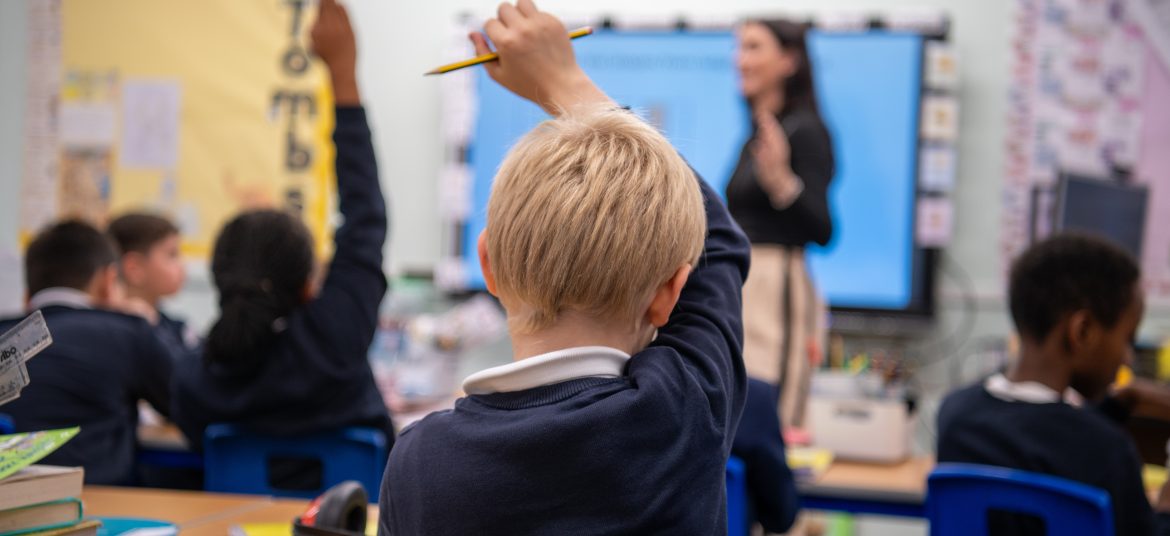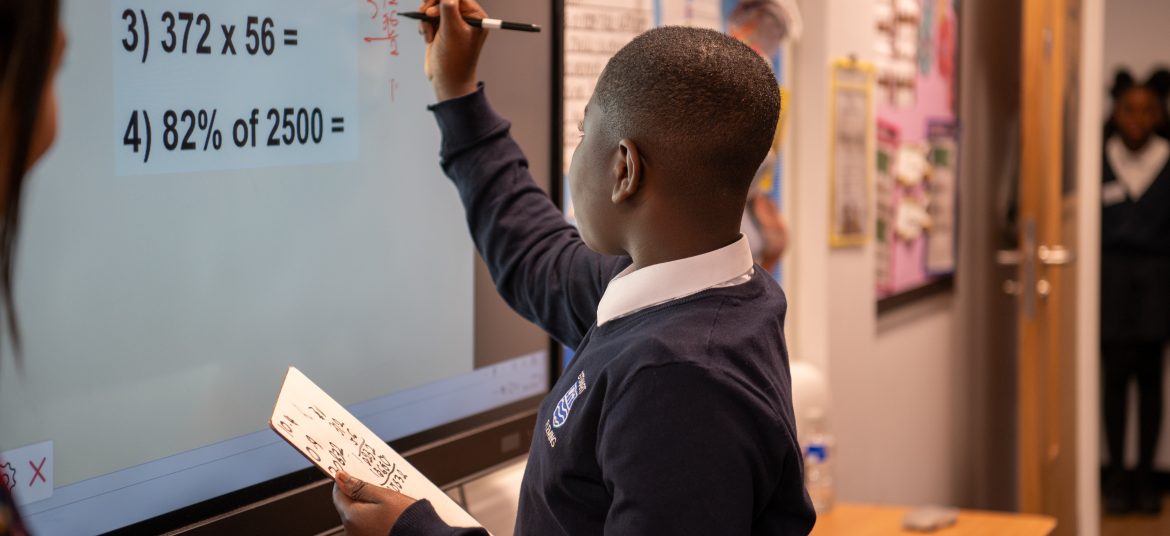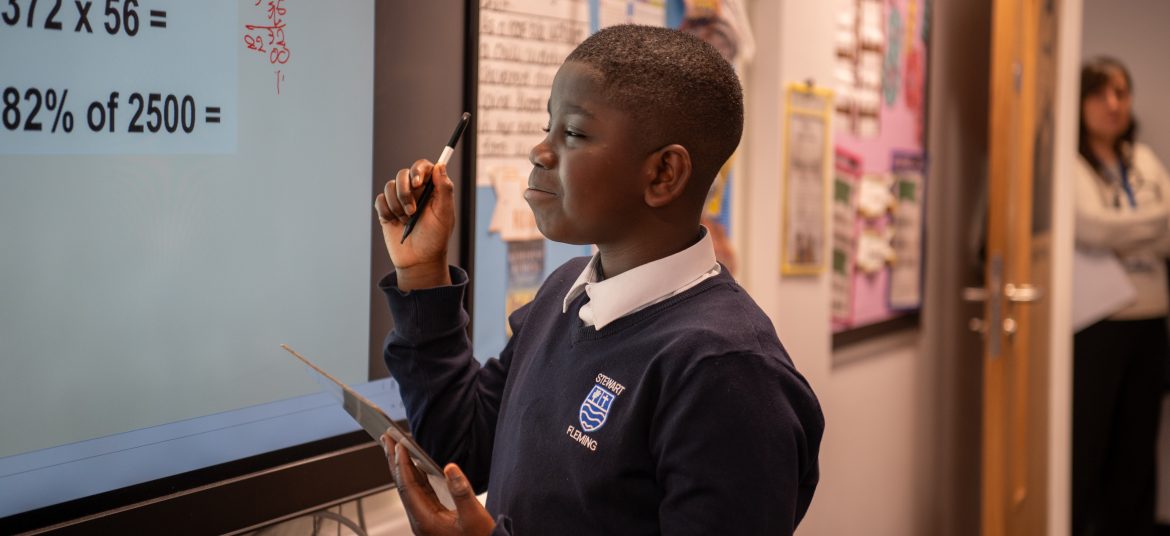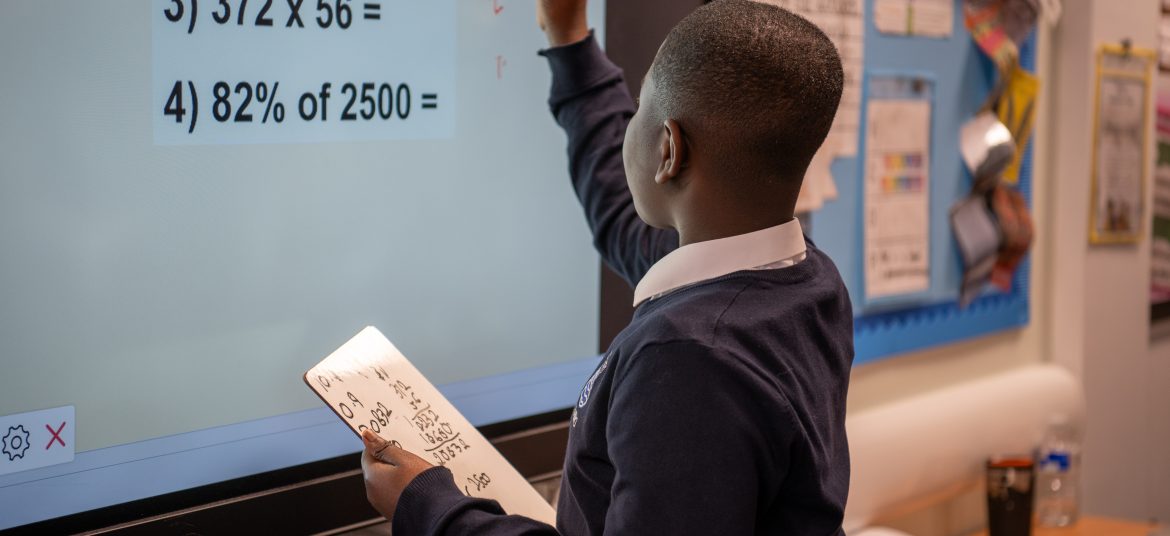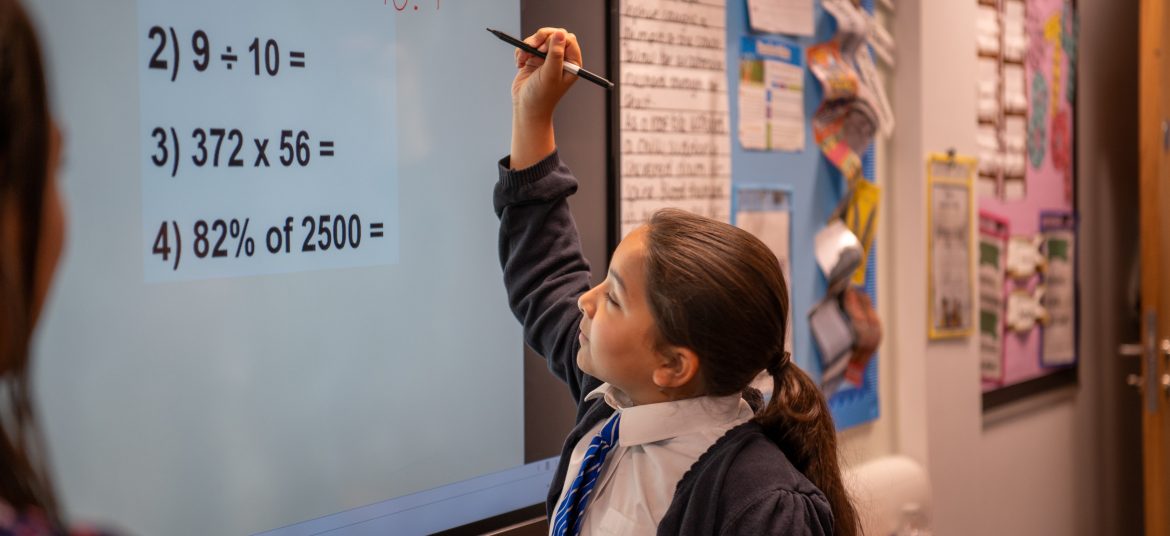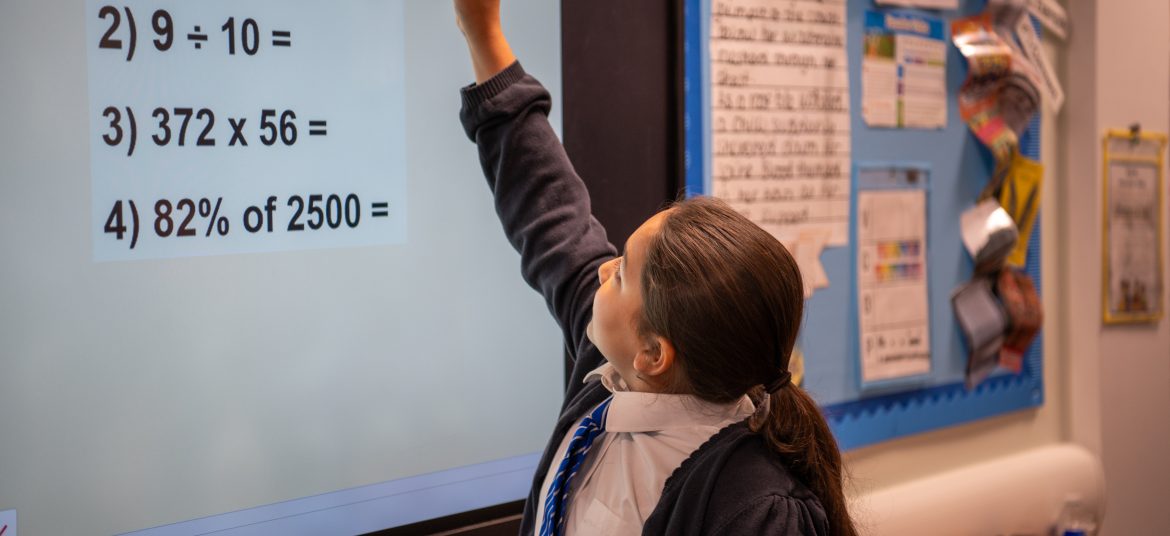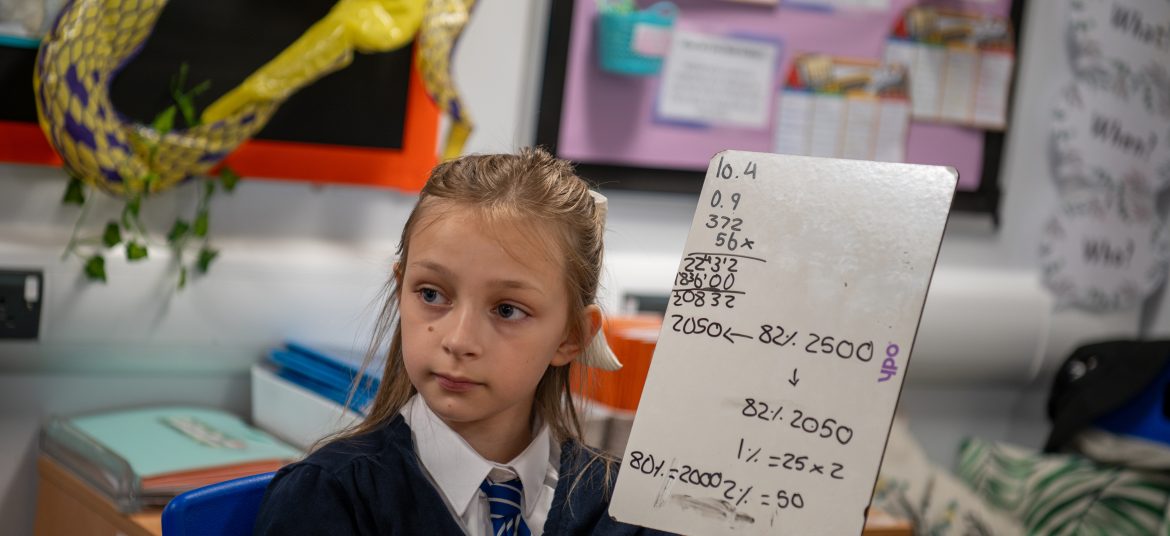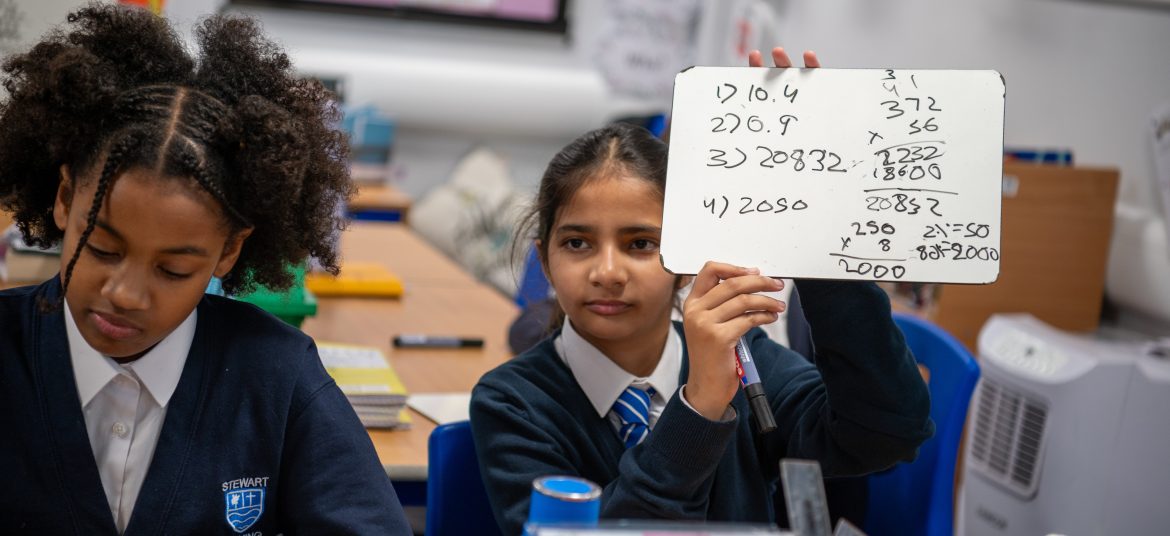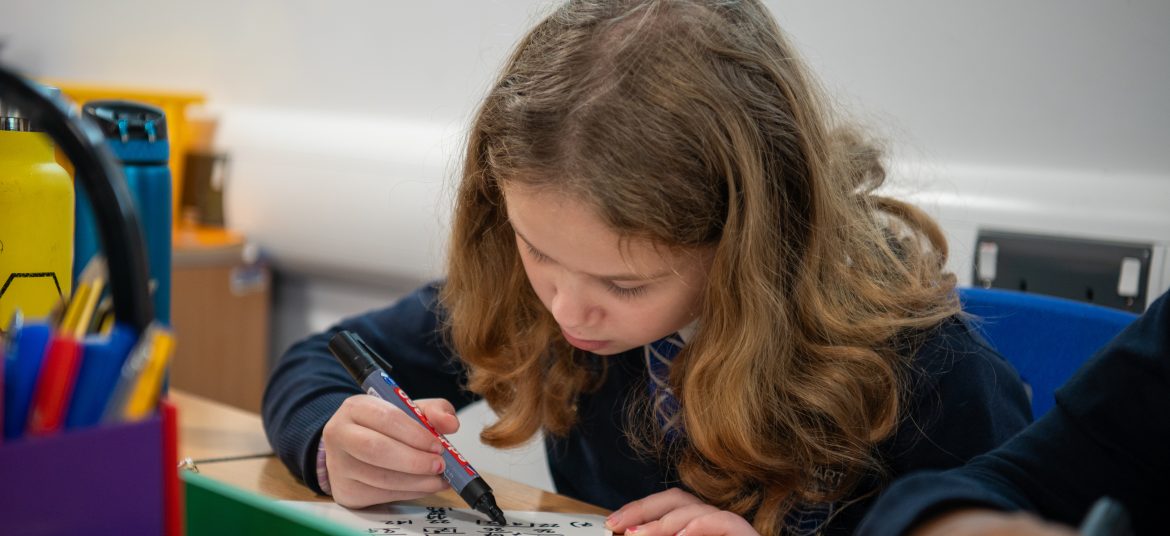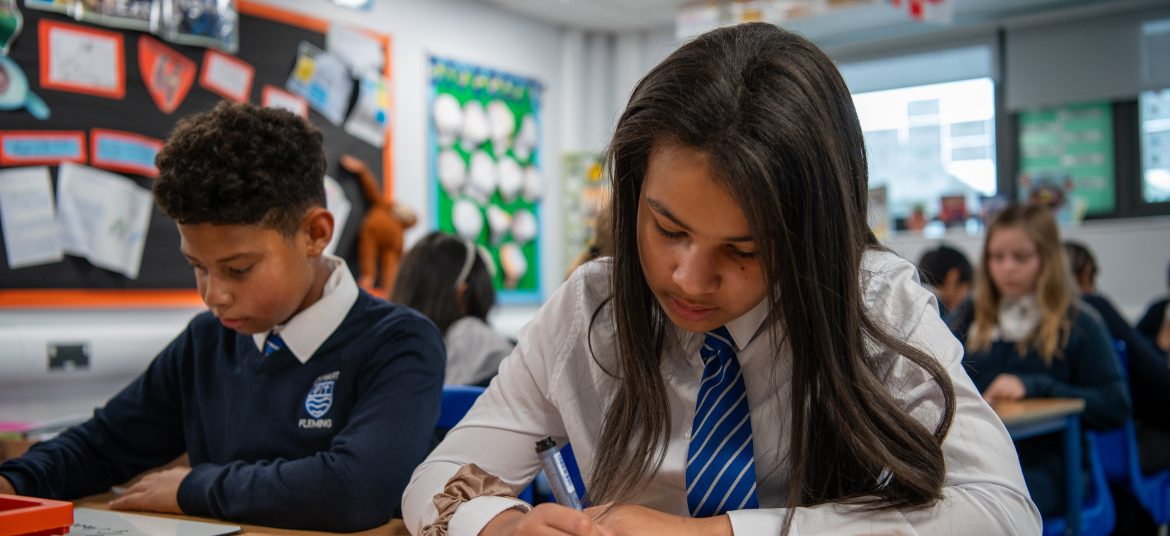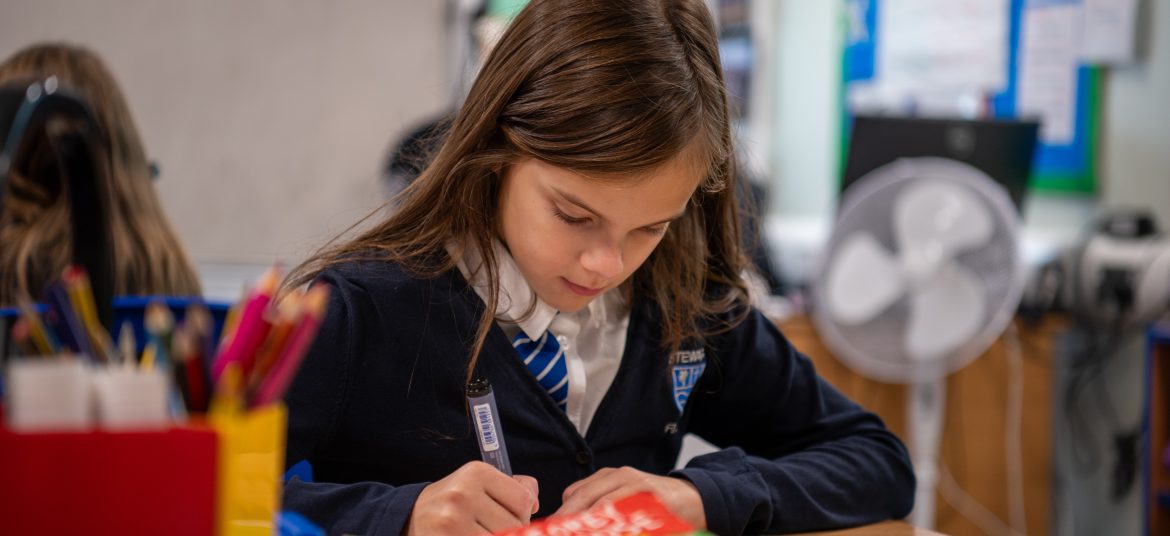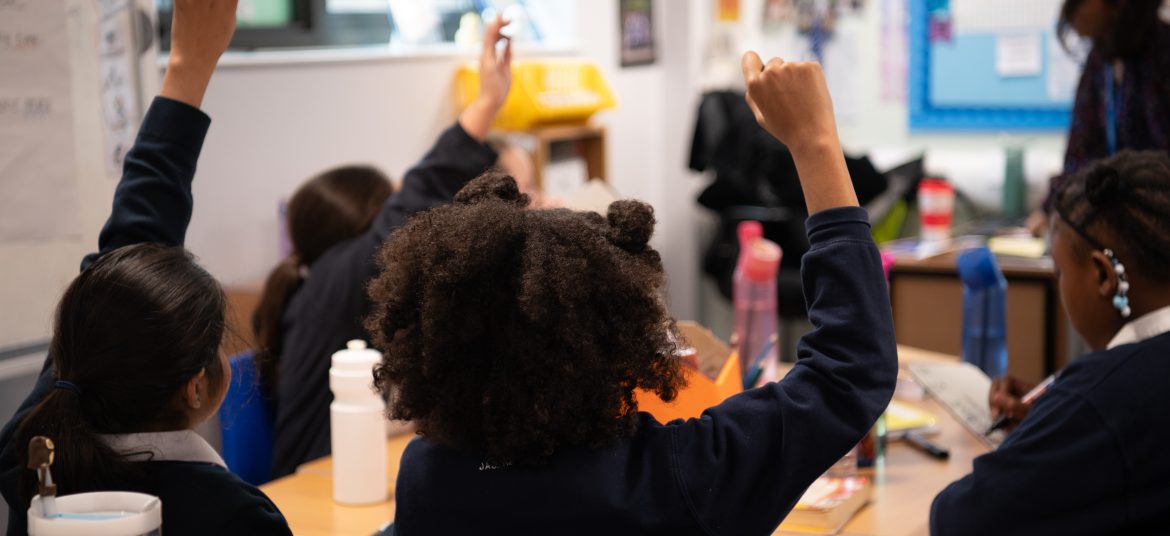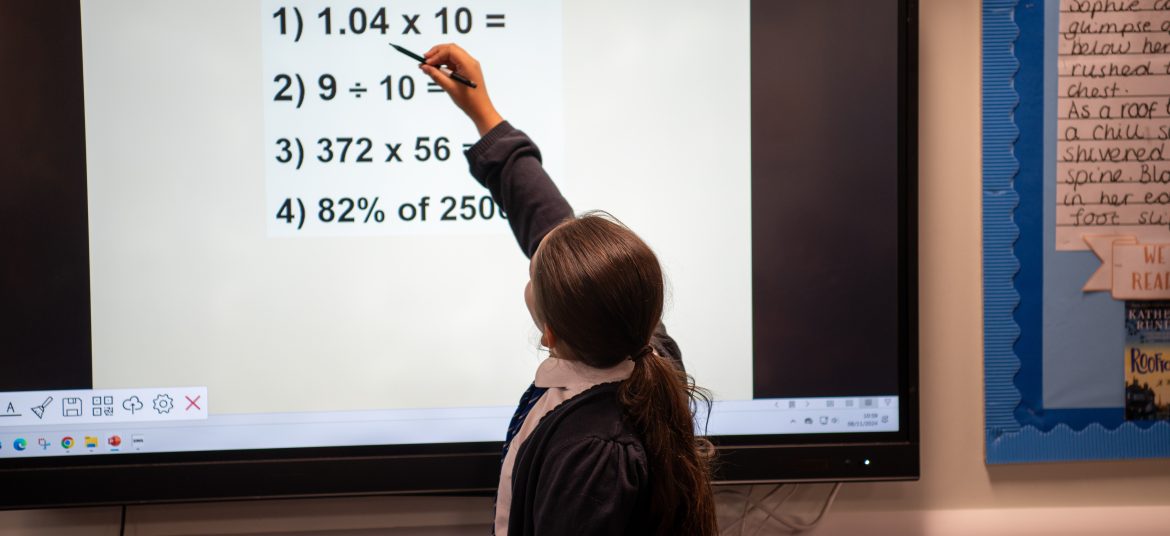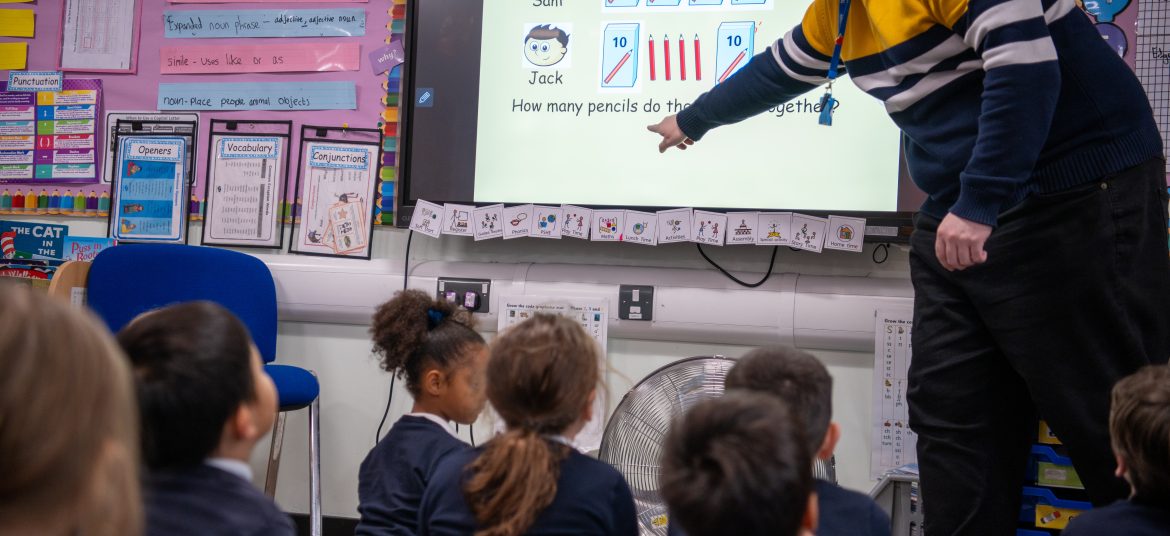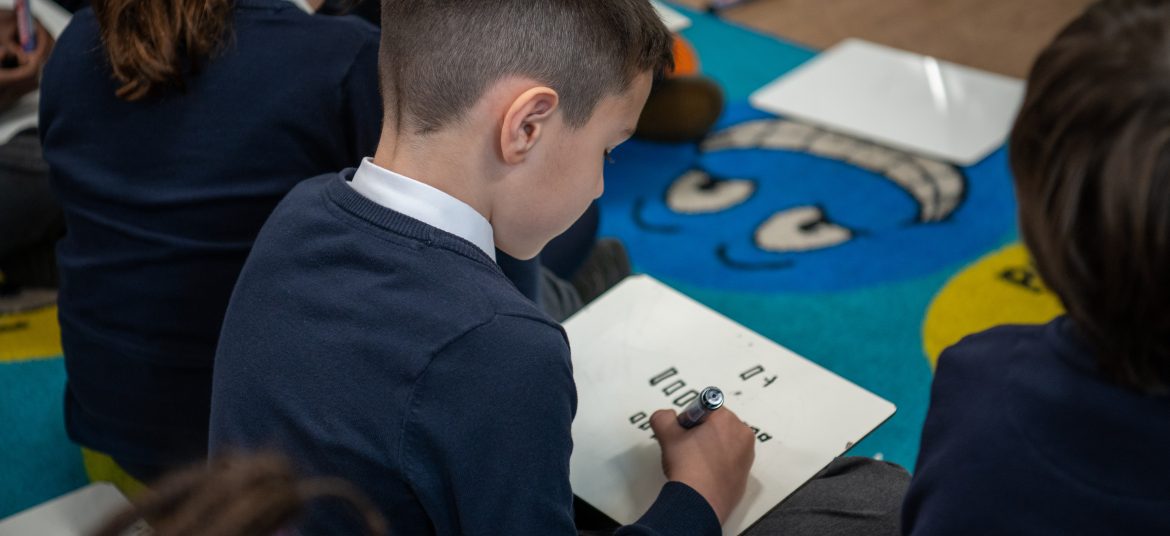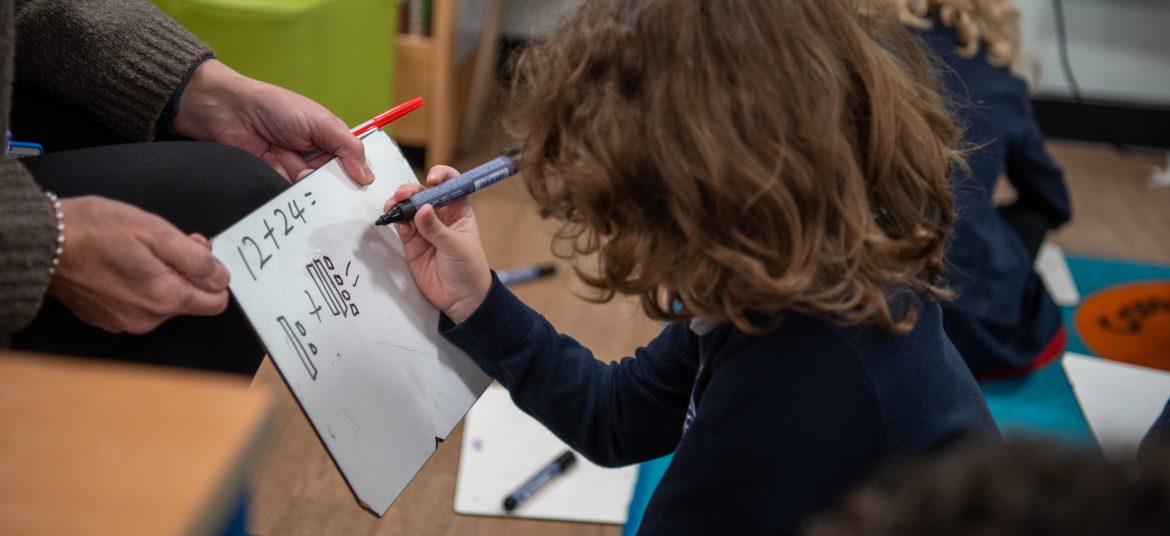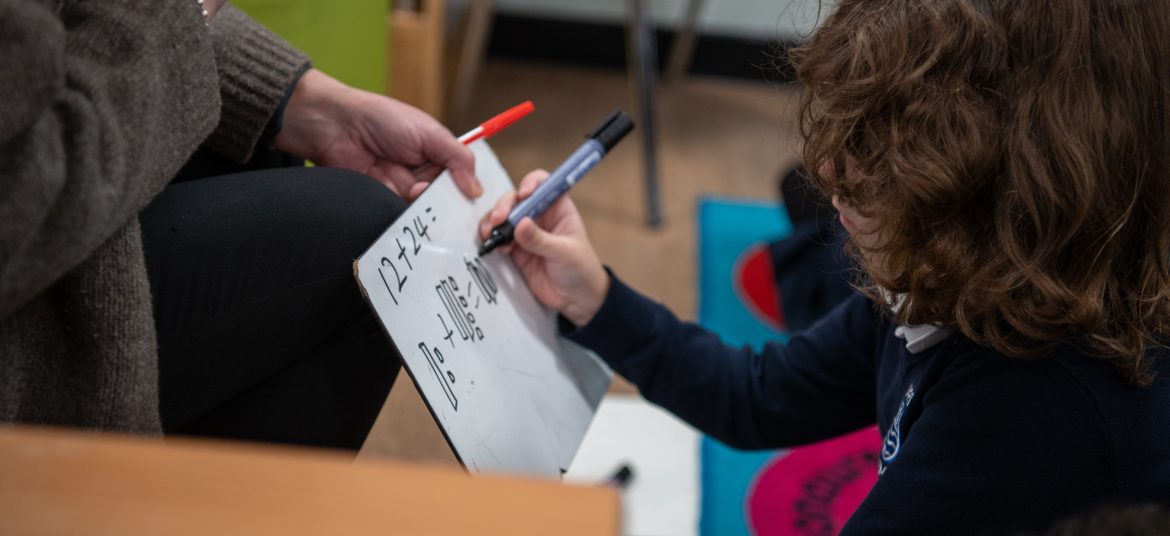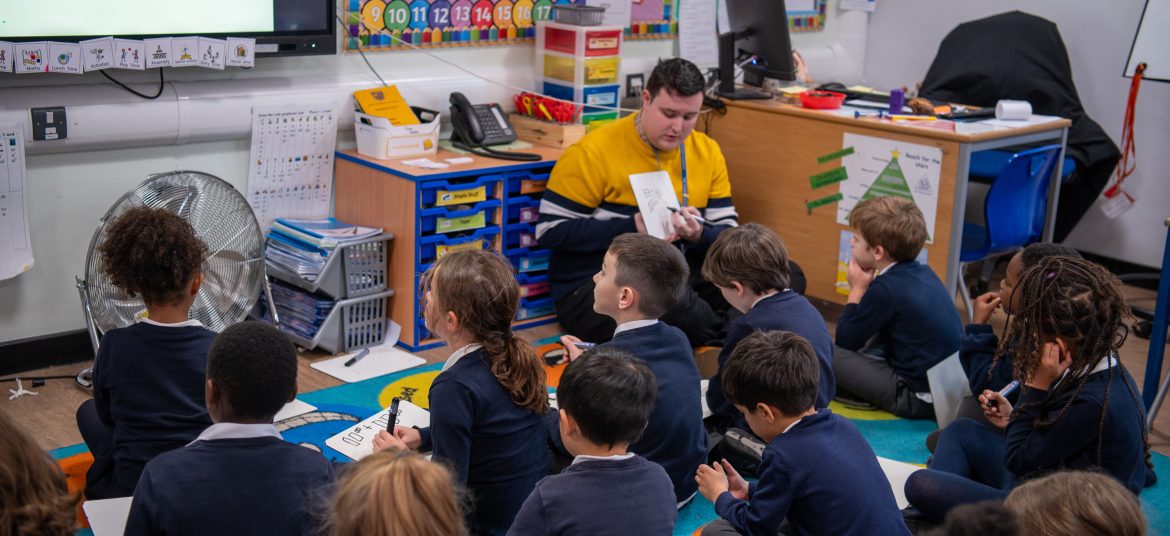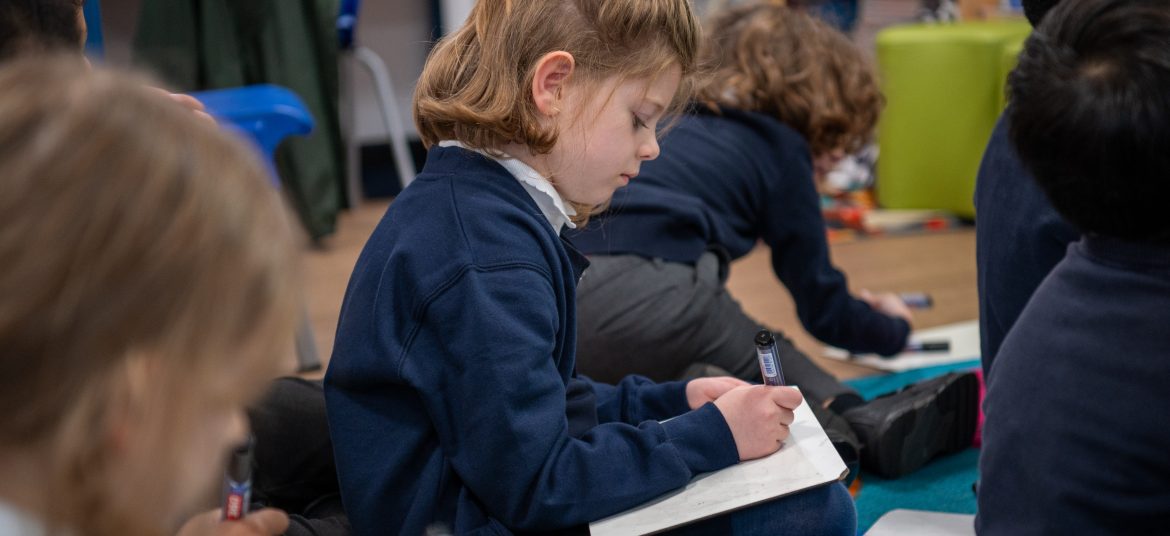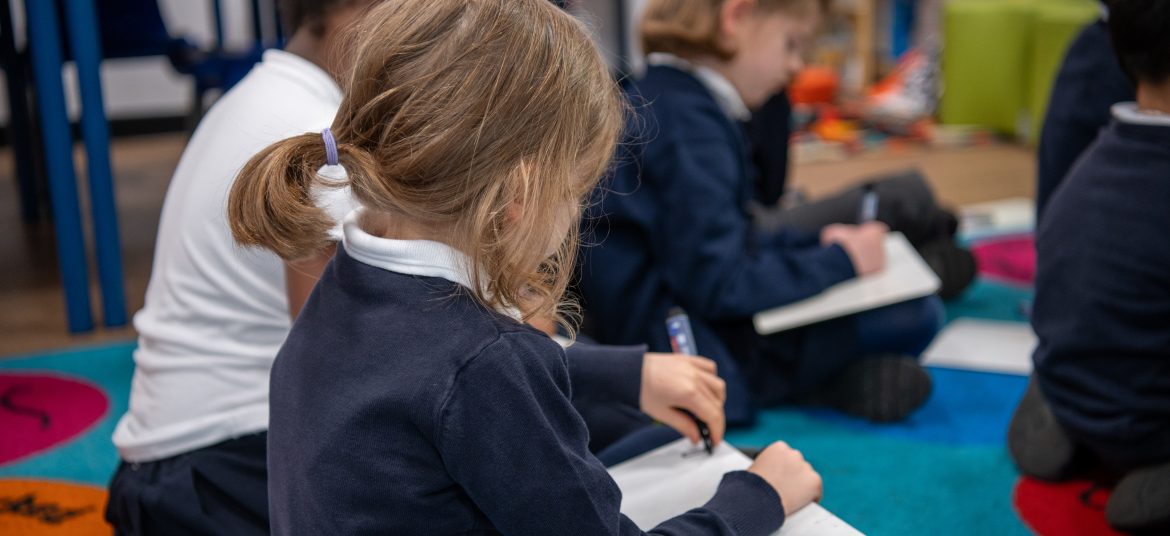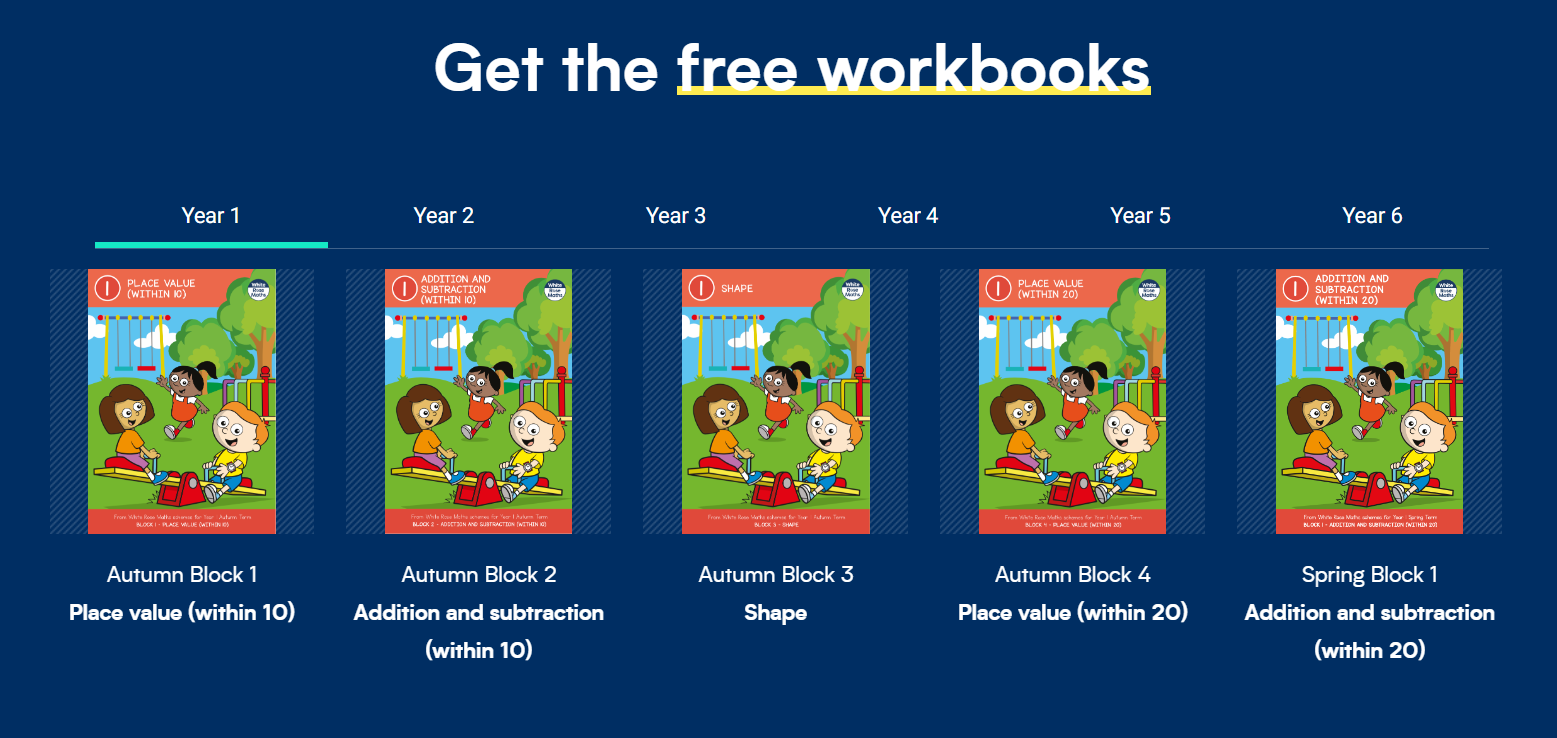Intent
Maths at Stewart Fleming ensures that all children are consistently making links between the learning that takes place in the classroom with real life examples. This means that children understand the importance of each lesson and how they will use these skills throughout their life. In order to deepen their learning further, children apply their knowledge to a range of challenges and investigations, including using their mathematical vocabulary to answer reasoning questions.
Implementation
White Rose ensures that the National Curriculum objectives are not only met, but that there are further opportunities for all children to deepen and apply their knowledge. Learning experiences take place inside and outside of the classroom which allows for children to develop and explore the key skills of concrete, pictorial and abstract learning. Children are enthusiastic about their maths learning and are always keen for challenges which maximises their understanding and empowers them as independent thinkers.
The skills that the children master in maths are fully transferable to other key areas in the curriculum. Children can confidently apply these skills to a range of different areas including Science, Geography, History and PE. Collecting and interpreting data and analysing results through Science experiments allows children to apply their knowledge to real life examples. Reading maps, plotting coordinates and investigating population data provides the children with a deeper understanding of the world around us. Through learning how to apply key mathematical skills and using these effectively in a range of scenarios means that these children will be best prepared for their next step in education and beyond.
Maths Curriculum
“A high-quality mathematics education provides a foundation for understanding the world, theability to reason mathematically, an appreciation of the beauty and power of mathematics, and a sense of enjoyment and curiosity about the subject.” (National Curriculum 2014)
The national curriculum for mathematics aims to ensure that all pupils:
- become fluent in the fundamentals of mathematics, including through varied and frequent practice with increasingly complex problems over time, so that pupils develop conceptual understanding and the ability to recall and apply knowledge rapidly and accurately
- reason mathematically by following a line of enquiry, conjecturing relationships and generalisations, and developing an argument, justification or proof using mathematical language
- can solve problems by applying their mathematics to a variety of routine and non-routine problems with increasing sophistication, including breaking down problems into a series of simpler steps and persevering in seeking solutions
Below is a document showing the progression of the statutory mathematics objectives from the National Curriculum. It outlines the relevant objectives for each year group and shows the progression of skills and knowledge taught as children progress through their time at primary school.


